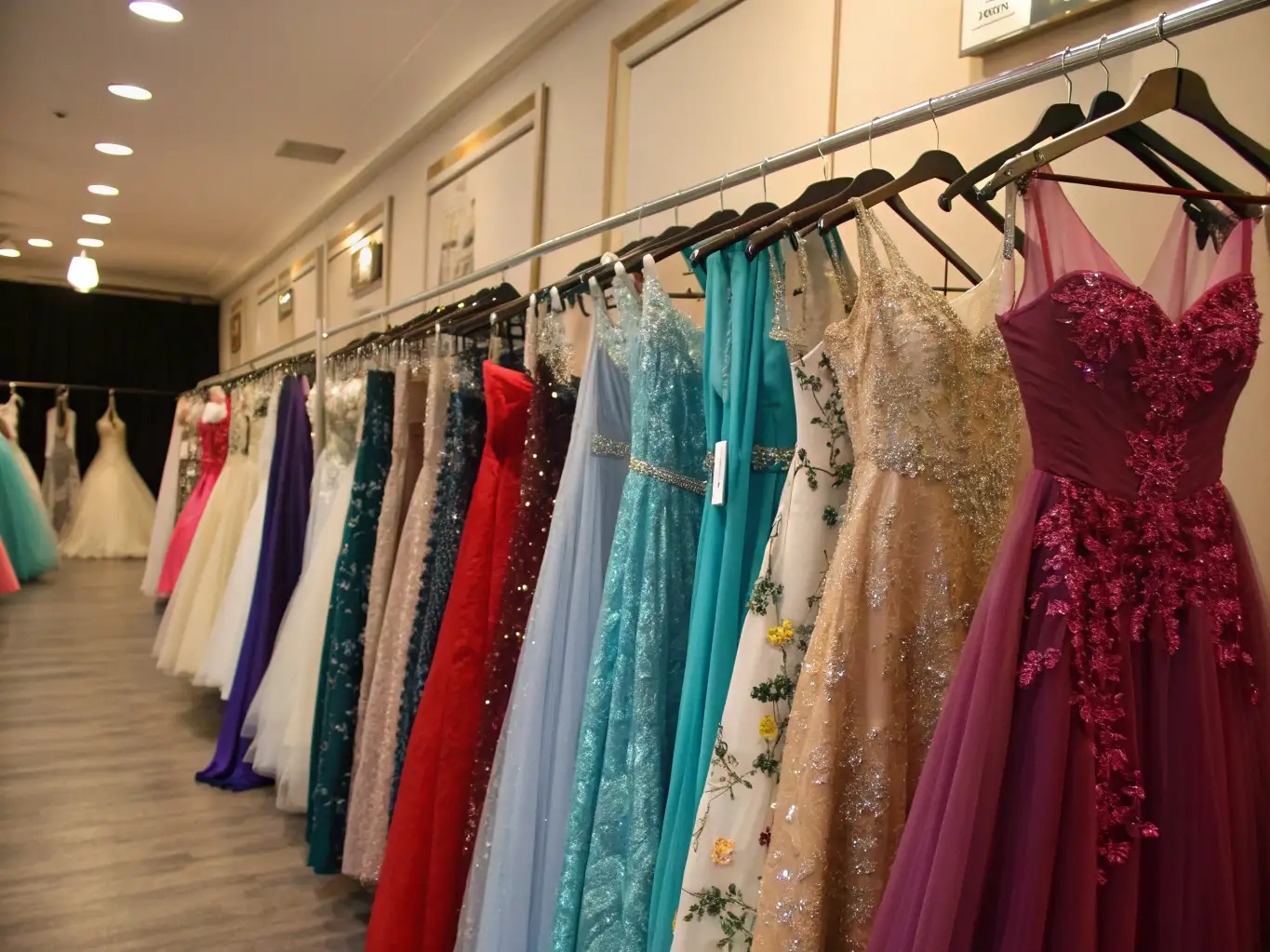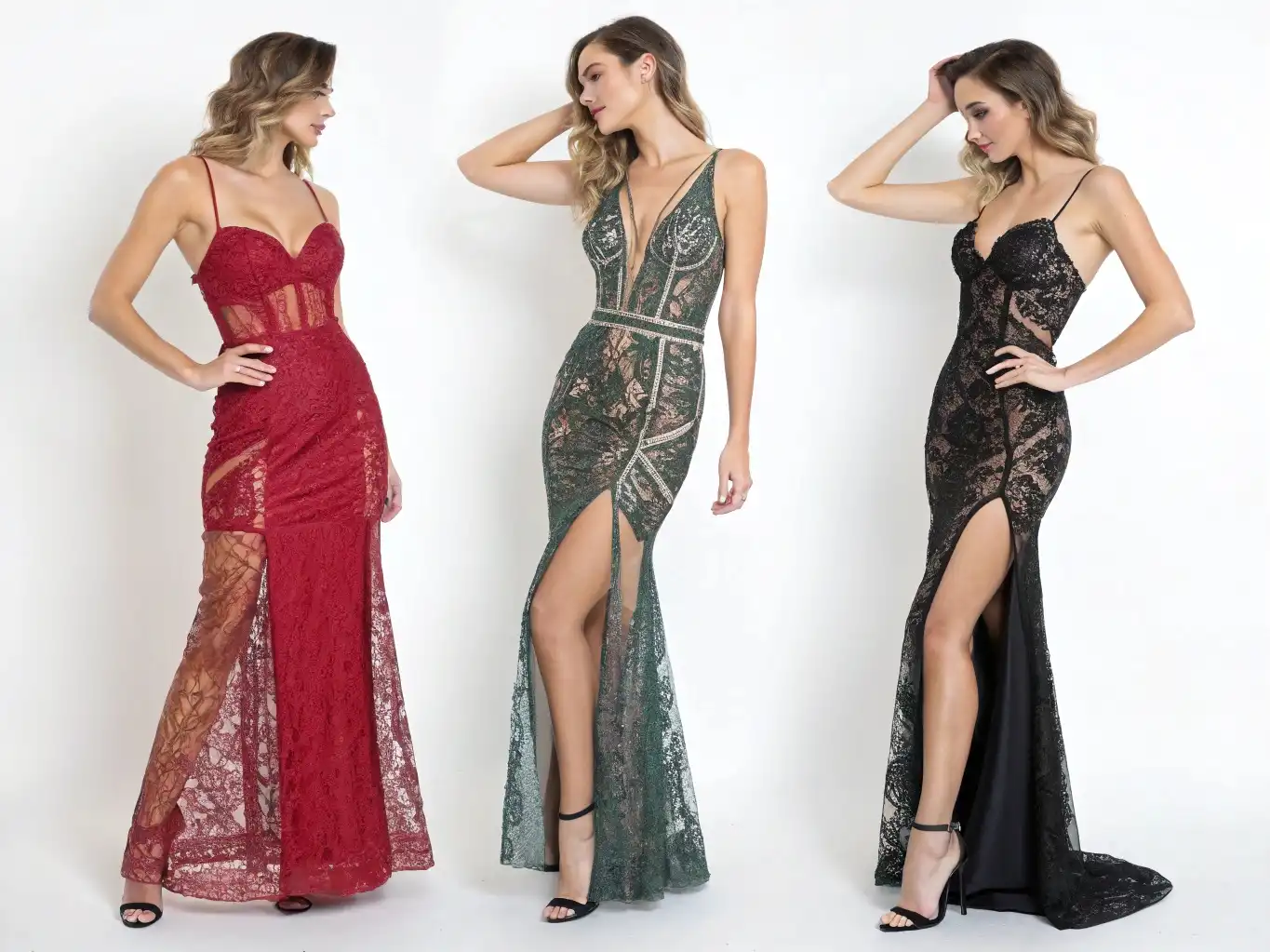Finding a reliable clothing supplier in the UK is key to starting or scaling a successful fashion business. The right supplier ensures quality, consistency, and competitive pricing.
To find a clothing supplier in the UK1, explore platforms like The Supplier Central2, UK-based trade shows3, and directories like Make it British4. Networking within the fashion industry can also help.
With the right strategy, you can secure a supplier that aligns with your brand’s goals and values. Let’s dive deeper into the process.
How to start a clothing business with buying wholesale in the UK?
Starting a clothing business with wholesale buying involves strategic planning, market research, and sourcing the right partners.
To start a clothing business5 with wholesale buying in the UK, find reputable wholesalers, establish a business plan, and focus on marketing to your target audience.
Dive Deeper into Starting with Wholesale
- Research Wholesale Suppliers: Platforms like The Supplier Central and Faire offer access to UK-based suppliers.
- Set a Budget: Wholesale prices typically require bulk purchases, so determine your investment range.
- Negotiate Terms: Discuss minimum order quantities (MOQs), shipping costs, and payment terms with suppliers.
- Marketing Strategy: Use platforms like Instagram and TikTok to showcase your products and attract customers.
| Step | Action | Example |
|---|---|---|
| Research Suppliers | Use platforms | Explore Faire or Make it British |
| Budget Planning | Set spending limits | Allocate for bulk orders |
| Negotiate Terms | Discuss MOQs | Agree on affordable quantities |
| Marketing | Promote online | Create Instagram ads |
Starting with wholesale allows you to test the market with minimal manufacturing commitments.
Do I need a license to sell clothes in the UK?
Before launching your business, it’s important to understand the legal requirements.
No specific license is required to sell clothes in the UK, but you must register your business with HMRC and ensure compliance with tax and trading laws.
Dive Deeper into UK Licensing Requirements
- Register Your Business: Whether as a sole trader or a limited company, you need to register with HMRC for tax purposes.
- VAT Registration: If your annual turnover exceeds £85,000, you must register for VAT.
- Trading Laws: Comply with regulations like the Consumer Rights Act to ensure transparency in sales and returns.
| Requirement | Action | Why It’s Important |
|---|---|---|
| Business Registration | Register with HMRC | Legal compliance and taxation |
| VAT Compliance | Register for VAT | Avoid penalties for exceeding limits |
| Trading Laws | Follow regulations | Build customer trust |
Ensuring compliance from the start protects your business and builds credibility.
How much does it cost to manufacture clothes in the UK?
Manufacturing costs in the UK can vary significantly based on factors like design complexity, materials, and order size.
Manufacturing clothes in the UK typically costs between £20 and £200 per piece, depending on the fabric, labor, and quantity.
Dive Deeper into UK Manufacturing Costs
- Labor Costs: Skilled labor in the UK is more expensive than in many overseas markets, impacting pricing.
- Materials: Sourcing sustainable or premium fabrics can increase costs significantly.
- Small Batches: Producing smaller quantities often leads to higher costs per item.
| Cost Factor | Typical Range | Impact on Pricing |
|---|---|---|
| Labor | £10–£50/item | Skilled craftsmanship adds value |
| Materials | £5–£100/item | Sustainable fabrics cost more |
| Small Batch Orders | Higher costs | Less economies of scale |
UK manufacturing is ideal for brands prioritizing quality, ethical practices, and local production.
What is the average price of clothes in the UK?
Understanding market pricing is crucial for positioning your clothing business effectively.
The average price of clothes in the UK ranges from £10 for fast fashion items to over £100 for premium and designer brands.
Dive Deeper into UK Clothing Prices
- Fast Fashion: Brands like Primark and H&M dominate this segment with affordable pricing.
- Mid-Range: Retailers like Marks & Spencer and Next offer quality pieces at moderate prices, typically £20–£50.
- Premium and Designer: High-end brands like Ted Baker or Burberry feature clothing starting at £100 and going much higher.
| Market Segment | Average Price | Example Brands |
|---|---|---|
| Fast Fashion | £10–£30 | Primark, H&M |
| Mid-Range | £20–£50 | Marks & Spencer, Next |
| Premium/Designer | £100+ | Ted Baker, Burberry |
Knowing your target audience helps you price your products competitively.
Conclusion
Finding a clothing supplier in the UK and starting a fashion business requires strategic planning, compliance with legal requirements, and market understanding. From wholesale buying to manufacturing costs, aligning your resources with your goals ensures success in the competitive UK fashion market.






